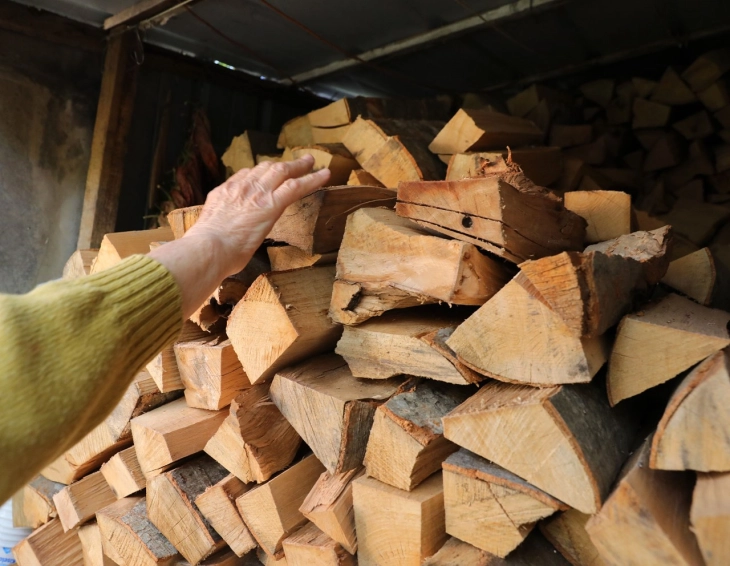Analysis: 25-30 percent of Macedonian citizens live in energy poverty
- Between 25 and 30 percent of the Macedonian population lives in energy poverty. However, this doesn’t include only those living under the poverty line, but also those who live in families with low economic activity due to the lack of funds necessary to cover the household’s energy-related costs, were the conclusions stated ahead of Wednesday’s presentation of the Toolkit on energy poverty in North Macedonia, drafted by Analytica.
- Post By Angel Dimoski
- 14:03, 30 August, 2023

Skopje, 30 August 2023 (MIA) – Between 25 and 30 percent of the Macedonian population lives in energy poverty. However, this doesn’t include only those living under the poverty line, but also those who live in families with low economic activity due to the lack of funds necessary to cover the household’s energy-related costs, were the conclusions stated ahead of Wednesday’s presentation of the Toolkit on energy poverty in North Macedonia, drafted by Analytica.
According to Eurostat data, in 2020 one third to one fourth of the country’s population were able to sufficiently heat their homes.
Ana Stojilovska from Analytica said she expects this number to increase for 2021,2022 and 2023.

“Energy poverty should hold a central place in the national agenda. This is not an issue that can be resolved with subsidies or financial assistance. On the contrary, work must be done to improve the social protection system, as well as to better regulate the energy sector so that the citizens can participate in the energy transition. Here I would mention the ‘just energy transition’ which means we shouldn’t only seek to replace fossil fuels with renewable sources, but also to democratize the energy sector – to enable the citizens to produce electricity, to use it and to sell it, but also to be able to participate in energy cooperatives,” said Stojilovska.
Biljana Dukovska from the Macedonian Anti-Poverty Platform said that there is a constant inconsistency and lack of coordination of policies in this area.
“We will either prevent energy poverty with the right measures and policies, or inequality, i.e. the gap between households will grow even larger,” underlined Dukovska.
Dukovska said a wide array of measures is necessary, which would not only cover those who are currently living in energy poverty, but also prevent an additional number of households from falling into energy poverty.
According to Sanja Trpkovska from CeProSARD, energy efficiency causes a drop in energy poverty, but, she said, it isn’t enough.
“We must have energy efficient homes, but poor people cannot afford this. The proposed measures in the form of subsidies are not enough to deal with this issue, especially due to the fact that the poor citizens always fall behind when it comes to efficient use of these measures,” said Trpkovska.
The toolkit was drafted by Analytica, and is intended for a broad group of stakeholders working with energy, social, environmental, health, gender, climate and other similar issues. The toolkit illustrates several aspects of energy poverty and provides 28 recommendations.
Photo: MIA/MIA Archive







